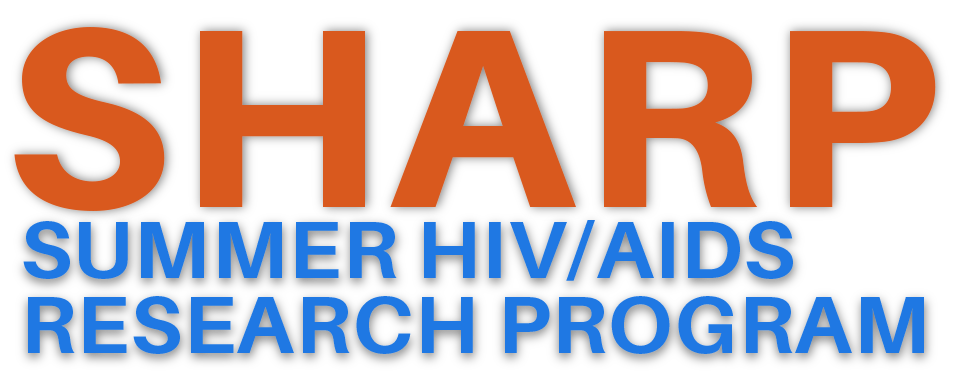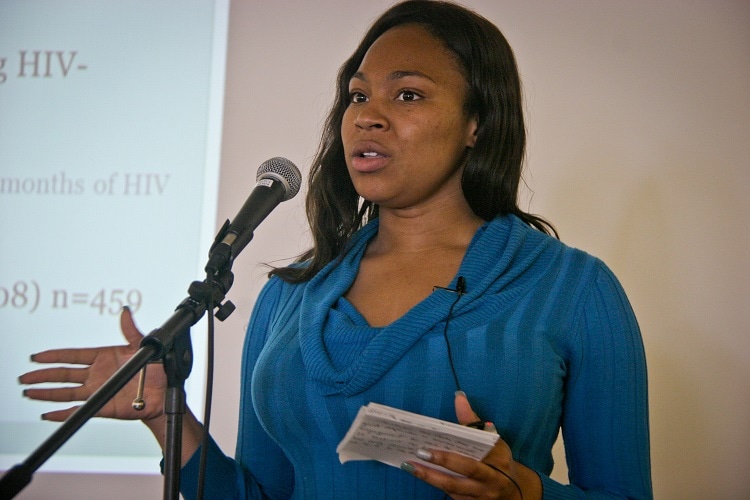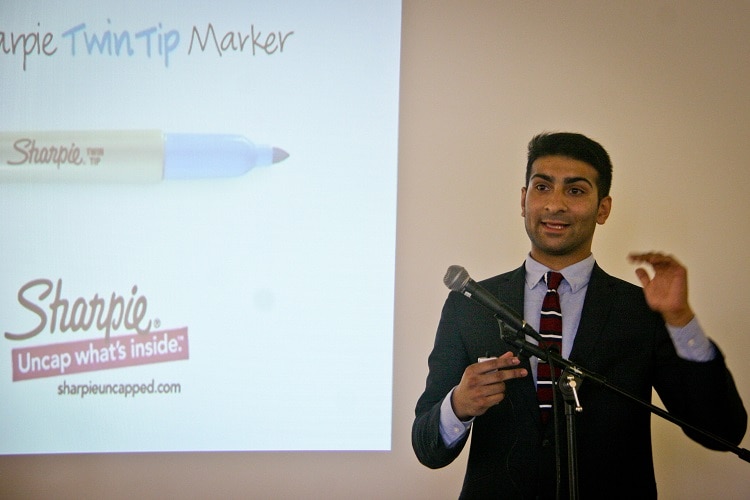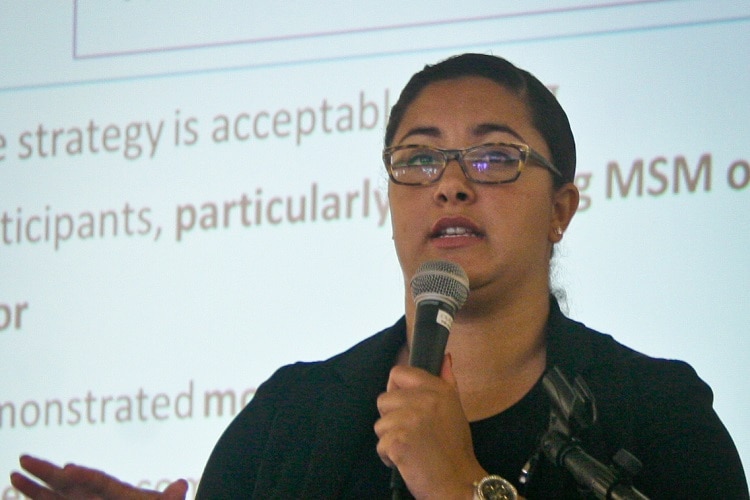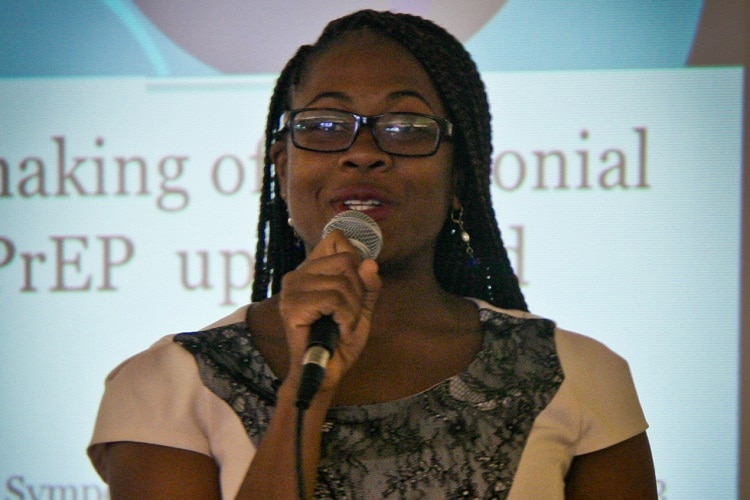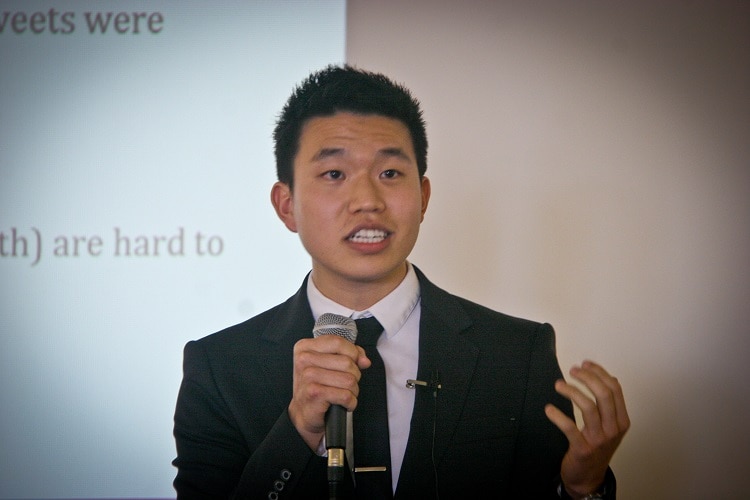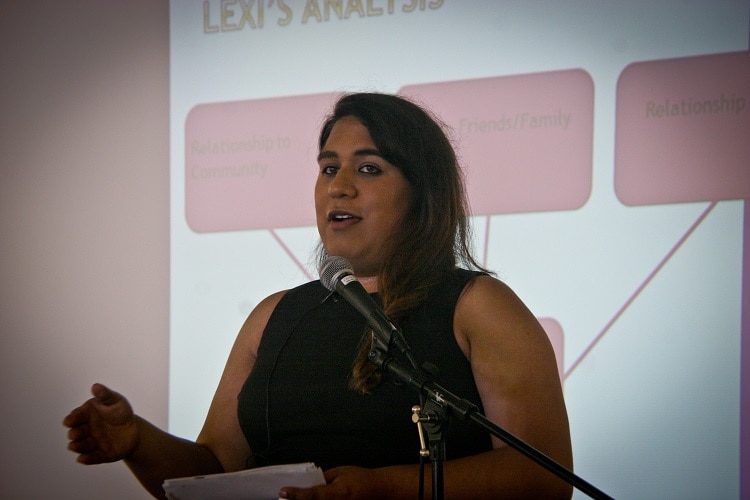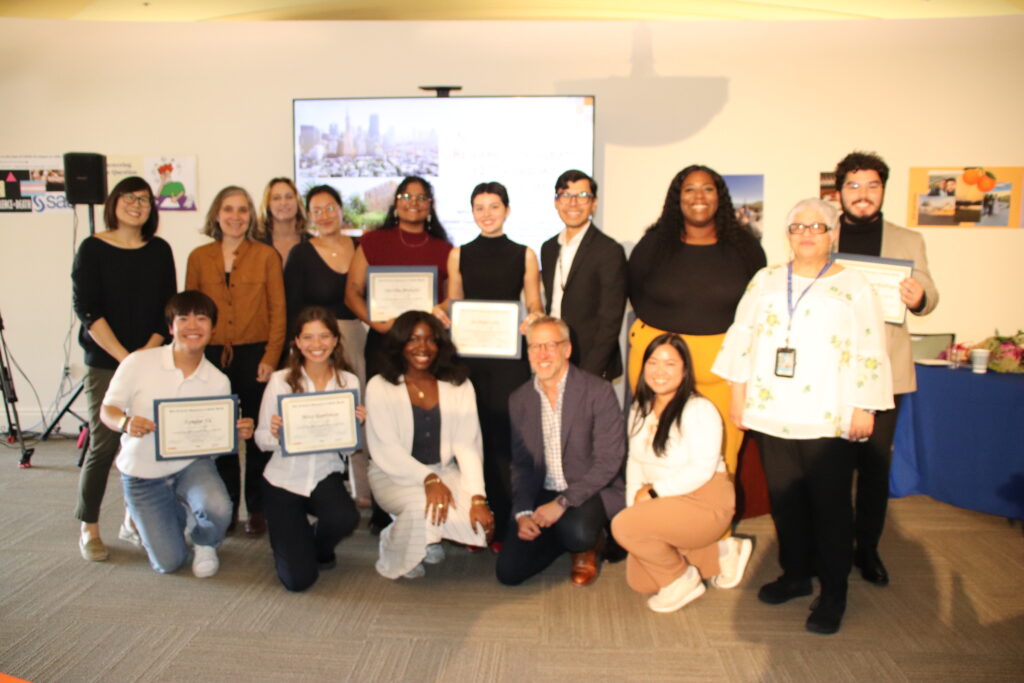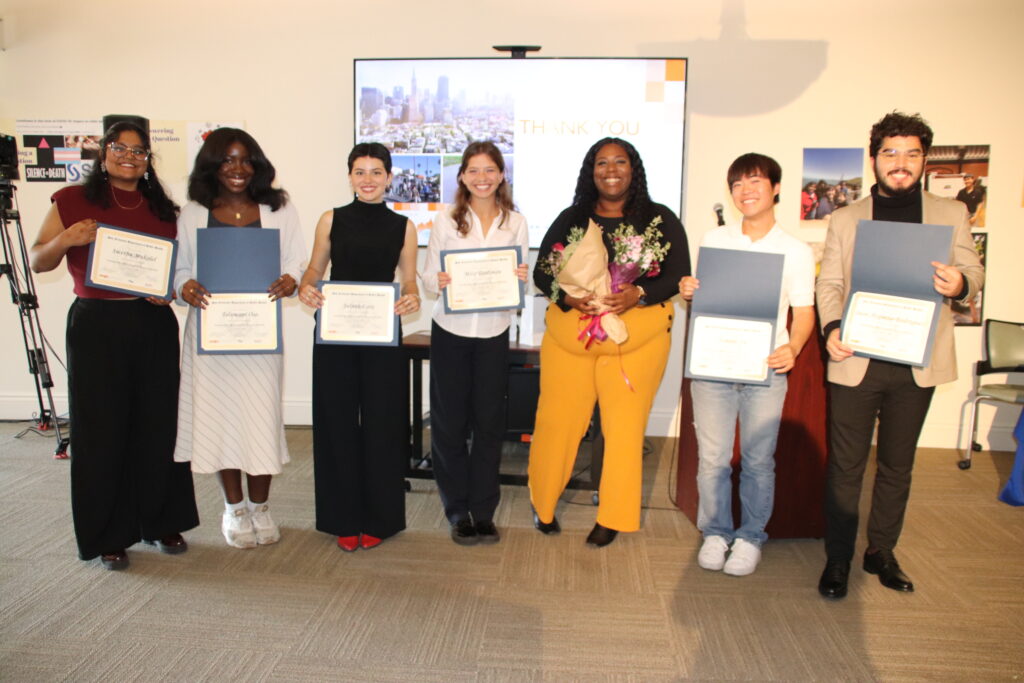Each SHARP scholar works with their mentor to select a project that will help the scholar build skills relevant to the scholar’s research interests and goals. A sample of projects from previous years are listed below. Please note, we are always looking for a wide variety of skills and experiences.
The 2020 student research projects will be focused on the following content areas:
- Substance Use
- HIV/AIDS
- Mental Health
Mentors: Glenn-Milo Santos, PhD, MPH and Jaclyn Hern
The SHARP Scholar will assist in the execution and conduct of The Say When Study (www.saywhensf.org), a study among binge-drinking men who have sex with men (MSM), and The SEEDS Study (tinyurl.com/theseedsstudy), a respondent-driven sampling study among alcohol-using MSM. The SHARP scholar will participate in weekly study meetings to discuss and problem-solve issues related to study design and implementation, recruitment and analysis. The SHARP Scholar will have an opportunity to work on a qualitative or a quantitative analysis projects from The Say When or The SEEDS Study, as well as from the recently completed Project iN Study (http://www.sfhiv.org/studies/project-in/), which evaluated the feasibility and acceptability of the targeted administration of a medication on an as-needed basis to reduce heavy alcohol use among methamphetamine-using MSM. Project iN used bi-directional text-messaging and wireless monitoring devices to collect drinking, substance use and medication adherence data among study participants. The SHARP scholar may will work closely with Milo to examine these outcomes and explore data trends. Alternately, the SHARP Scholar may work closely with Milo to examine the qualitative data from the focus group interviews in The Project iN and The Say When studies, which examined the barriers and facilitators to taking medications on an as-needed basis, as well as the social aspects of drinking. Under the guidance of Milo, the SHARP scholar will develop a research question of interest, refine and execute an analytics plan, and have the opportunity to write a conference abstract and/or co-author a scientific paper to present their findings. The scholar will also have the opportunity to attend weekly HIV/AIDS Grand Rounds at San Francisco General Hospital, attend SFDPH AIDS Office Scientific Working Group, and Town Halls at the Center for AIDS Prevention Studies at UCSF.
Mentors: Phillip Coffin and Emily Behar
The SHARP scholar will have the opportunity to assist with the implementation of the Naloxone for Opioid Safety Evaluation (NOSE) study. NOSE is a study aimed at assisting and evaluating the roll out of clinic-based naloxone prescriptions for patients on long-term opioids and/or at risk of an opioid overdose. Naloxone is an opiate antagonist which can reverse respiratory depression and thus stop an overdose. We are interested in distributing it in clinic-based settings because of high rates of opioid overdose due to prescription medications. The SHARP scholar will work closely with the NOSE team to oversee the study in 6 DPH clinics throughout the city. Specifically, the SHARP scholar will have the opportunity to gain hands-on experience learning about overdose prevention, medical safety, and how to implement real-time interventions. Additionally, the SHARP scholar will assist with administering and collecting surveys from pharmacy staff and clinic providers; review transcriptions from qualitative interviews with patients; create and update study materials; help conduct patient interviews; and analyze statistical data from multiple data sources. These experiences will help guide the SHARP scholar to an independent research project. The scholar will also have the opportunity to attend meetings, conferences and working groups related to the NOSE project and his/her specific areas of interest.
Mentor: Annesa Flentje, PhD
The SHARP scholar may have the opportunity to work on several projects within Dr. Flentje’s laboratory addressing sexual and gender minority health. These include The PRIDE Study (www.thepridestudy.org), which is a national longitudinal cohort study of LGBTQ people. The SHARP scholar may also work on a project documenting LGBTQ affirmative programming within a school in San Francisco. The SHARP scholar will participate in regular lab meetings, and will have the opportunity to brainstorm and present work. Specific tasks will be aligned with scholar goals, but may include literature review, quantitative and qualitative data analysis, survey design, writing, or other activities. The scholar will also have opportunities to attend meetings and presentations related to the scholar’s interests.
Mentors: Willi McFarland and Henry Fisher Raymond, DrPH
The HIV epidemic in San Francisco has been especially devastating to vulnerable or key populations, particularly transwomen, men who have sex with men, people who inject drugs, racial/ethnic minorities, and communities living in poverty. Since 2003, the SFDPH has been a part of the National HIV Behavioral Surveillance system, a CDC-led consortium of 20 cities in the US conducting community-based surveys of populations disproportionately affected by HIV. We propose to engage a Sharpie to gather together these data together, highlight key findings, and produce dissemination materials useful to diverse audiences in order to maximize their impact on HIV prevention policy, resource allocation, the design of innovative programs, and the evaluation of their impact. Hands-on training will include data analysis, interpretation, Geographic Information Systems use, literature review, scientific writing, and the effective presentation of data for reports, publications, factsheets, websites, conferences, and stakeholder meetings. The project presents multiple opportunities for the Sharpie to publish and present at a national conference. As part of the CPHR team, the Sharpie may also join in on-going public health research, including a qualitative study of transwomen and a quantitative survey of people who inject drugs.
Mentor: May Sudhinaraset, PhD
Currently there are 1.8 million undocumented young people in the US who are eligible for a new federal program that grants them the right to live and work lawfully in the US. These individuals are known as the “DREAMers.” While the Affordable Care Act will expand health coverage to over 32 million individuals, it will purposefully exclude 11.7 million undocumented immigrants – including DREAMers. California is an exception, where low-income DREAMers are now eligible to receive health coverage through the state’s Medi-Cal program. California therefore offers a unique opportunity to study this growing but hidden population to determine how expansion of state funding will influence their health utilization patterns. Despite these DREAMers being a major public policy interest, there is a critical knowledge gap regarding who these people are and their health behaviors. Furthermore, while the majority of the migration literature in the US focuses on Latinos, there is tremendous heterogeneity across immigrant groups – including within Asian and Pacific Islanders (APIs). In fact, a significant demographic shift is occurring where APIs are now the fastest growing immigrant population in the US. Despite this, there is a dearth of information on API immigrants, particularly young immigrants. Building upon a study on Latino DREAMers, this study will be the first to investigate the health status and utilization patterns of undocumented APIs living in Northern California, and will compare and contrast Latino and API DREAMers to understand cross-national health inequities. Findings will inform health policy interventions for undocumented immigrants.
“My main project consisted of exploring the feasibility of implementing smartphones as tools for sexual history data collection within HIV/AIDS research. This consisted of preparing materials for IRB submission, helping run focus groups for initial responses to the app, and conducting quantitative analysis of preliminary data. The project allowed me to apply theoretical foundations from my previous education but also introduced me to new research methods, concepts, and processes. Despite having conducted my own research for my senior honors thesis and having worked as a research assistant at my previous university, the project contextualized public health research in a way that was both enlightening and affirming.”
 Taylor Heller2012 SHARP Scholar
Taylor Heller2012 SHARP Scholar
